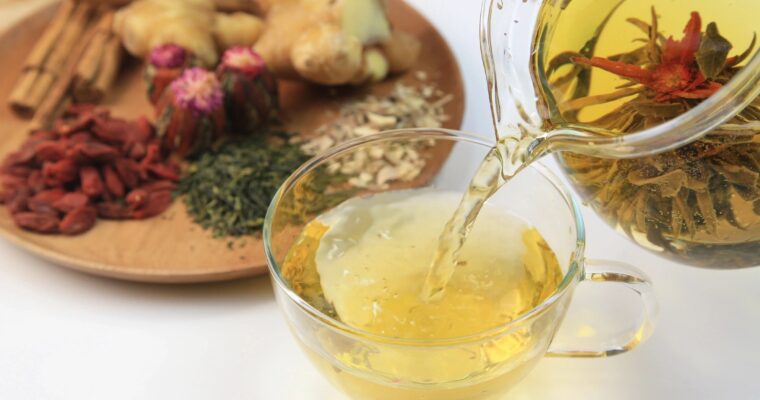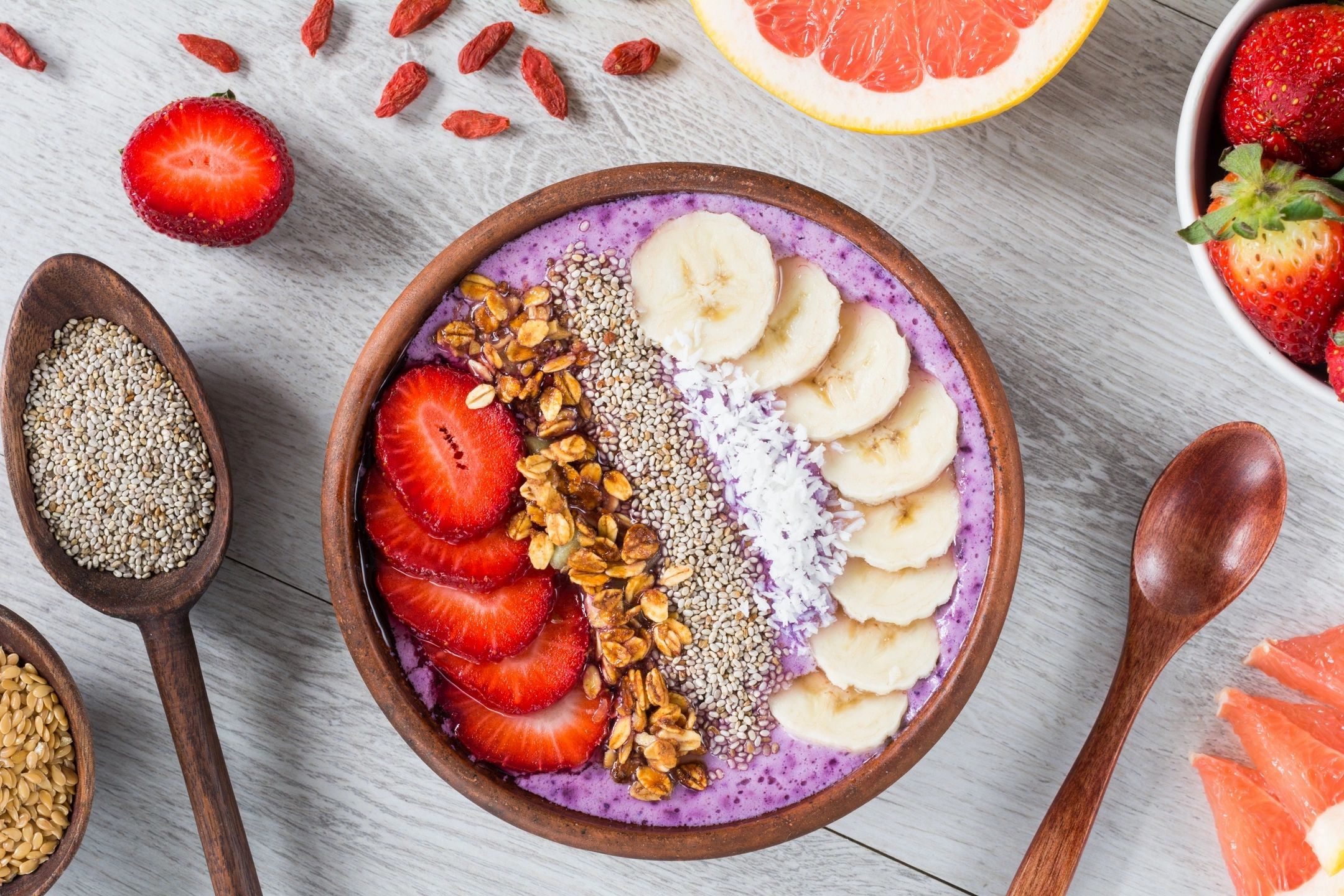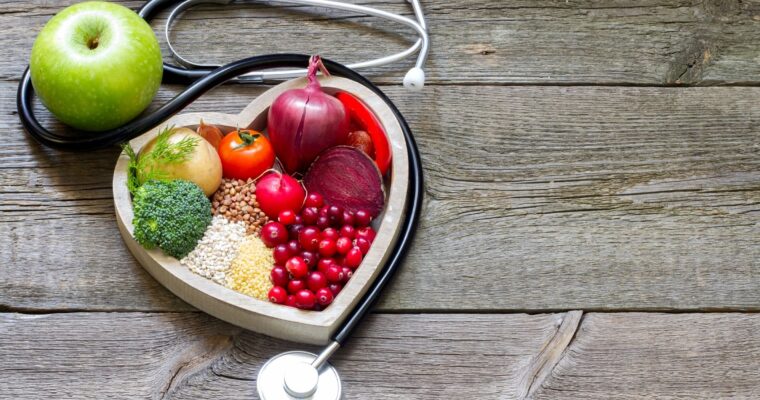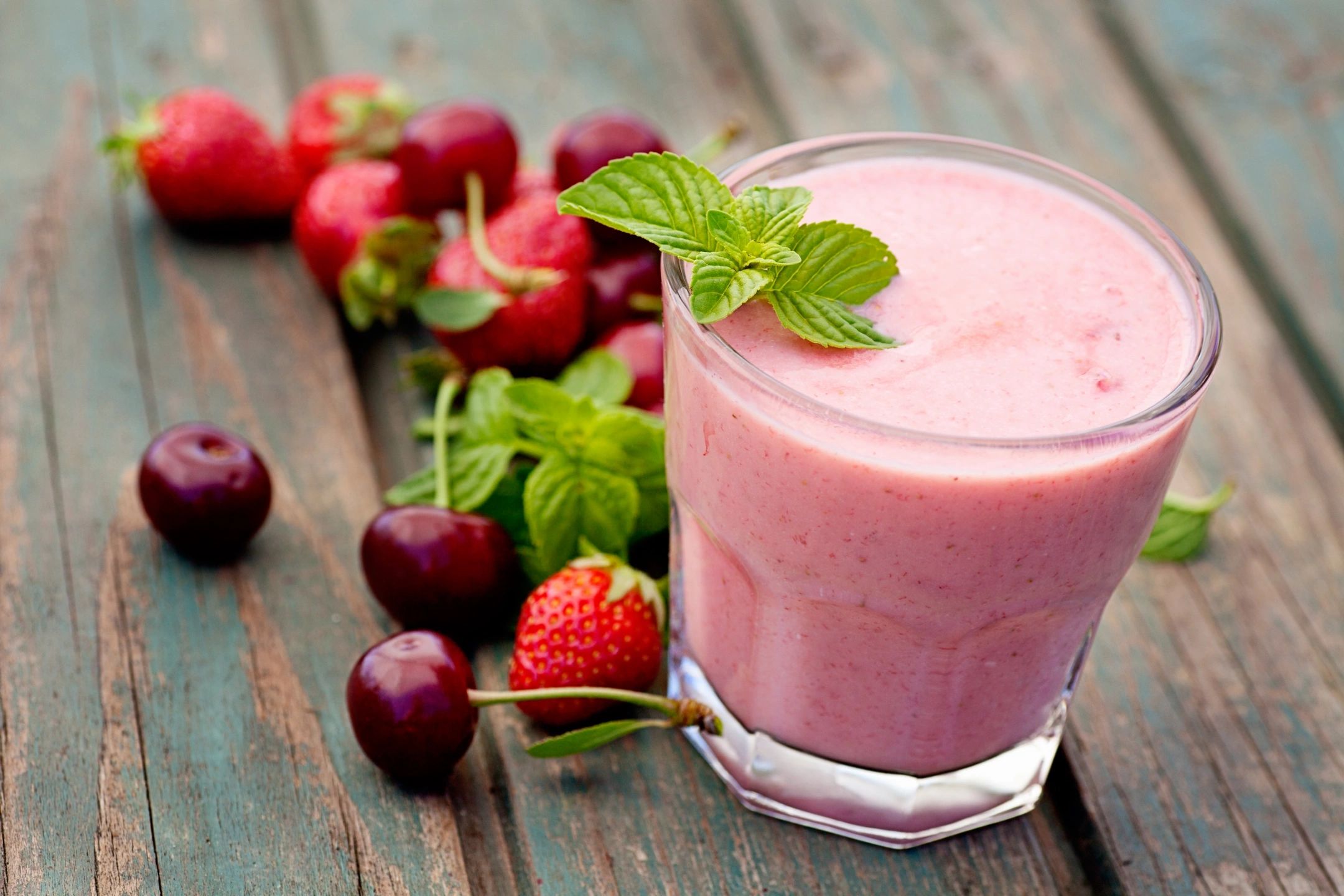FRUITS~NATURE’S TREAT
By: Allie Might, FMC, INHC, ATT
Fruit is one of those groups that we all know and love. In my experience, it’s always that food that most people don’t seem to have problems getting into their daily diet. However, let’s explore this delicious group further.
What exactly is a fruit? Britannica defines it as ‘a fruit is the fleshy or dry ripened ovary of a flowering plant, enclosing the seed or seeds’. While we are familiar with the traditional types of fruits such as apples, bananas, oranges and strawberries this definition broadens this association. Such foods like tomatoes, zucchini, squash and eggplant also fall under this definition.
The amount and type of fruit may change depending on one’s wellness goals and health issues. However, on average, it is recommended by the USDA (Unites States Department of Agriculture) that adults should consume 1.5-2 servings of fruits per day. The general rule is that a serving is a cup of fresh fruit or juice or 1/2 cup of dried fruit. Keep in mind that this may slightly differ depending on what fruit you are eating.
So, why is fruit so important? Fruits contain essential vitamins and minerals such as vitamins A and C, potassium and calcium. They are also a source of fiber and help to support a healthy immune system as well as our digestion and heart. It is also easy to consume as fruit is incredibly versatile. It can be eaten raw, in a salad, cooked (some of them), added to a smoothie or even used in a concentrated powder form.
REDS Hx: This is made up of a wide variety of fruits and berries. Due to this having a low sugar content, it can be safe for those watching their blood sugar. It is perfect to add to water, plain yogurt, smoothies or plain oatmeal.
PURPLES Hx: This is similar to Reds Hx, but mainly consists of dark produce such as black cheery, blueberries, blackberries and elderberry. It can be used the same way as the Reds Hx and is the perfect complement to combine together.
ORANGES Hx: This is a great option for someone that may not like citrus or sweet, pale tropical fruits. These fruits tend to be have more of an acidic taste and can sometimes be harder for people to eat. This powder delicious and sweet in flavor, all while supplying essential nutrients like vitamins A, C and riboflavin. Try adding a scoop of this daily to water or plain Greek yogurt for a yummy and nutritious treat.
GUILT FREE FRO-YO
1 cup plain Greek Yogurt
1 scoop Purples Hx
1 scoop Reds Hx
1 teaspoon raw honey
Mix all ingredients together until well combined. Freeze for 6-8 hours, or overnight. Transfer to a bowl and garnish with fresh berries. Eat as a snack or dessert and enjoy!
CREAMSICLE FRO-YO
1 cup plain Greek yogurt
1 scoop Oranges Hx
1/2 Tablespoon unsweetened coconut flakes
1 teaspoon raw honey
1/2 teaspoon pure vanilla extract
Mix all ingredients together until well combined. Freeze for 6-8 hours, or overnight. Transfer to a bowl and garnish with fresh berries. Eat as a snack or dessert and enjoy!
www.britannica.com/science/fruit-plant-reproductive-body
www.myplate.gov/eat-healthy/fruits
www.medicalnewstoday.com/articles/324431








